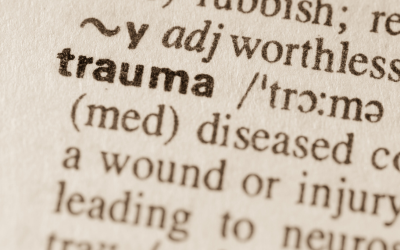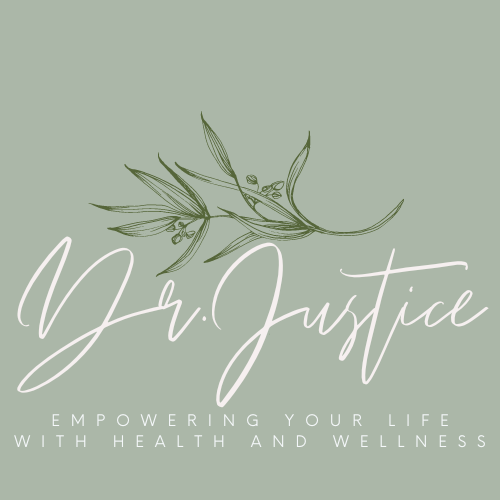*TRIGGER WARNING. Please be advised that this article discusses topics that may be triggering or disturbing to some people.
In my work, I talk a lot about trauma. I talk about it because I think it needs to be talked about, because it’s everywhere. Because, in my opinion it affects, well, everything, and it is not discussed or addressed nearly enough in polite society. Trauma, much like cancer, has touched everyone in some way or another and something that pervasive needs to be considered when discussing health issues, especially those that are chronic in nature. Having said all that, just what is “trauma”, anyway?
Trauma refers to a distressing or disturbing experience that overwhelms a person’s ability to cope. It can be a singular event, such as a natural disaster, car accident, or violent assault. It can be ongoing, such as ongoing abuse or neglect, or it can also be something that you would never have thought to have labeled it as “traumatic”. The global pandemic we all lived through comes to mind, or even just turning on the news these days.
It’s important to remember that trauma is subjective and can manifest differently in different people. What may be traumatic for one person may not be for another, even if they experienced the same event at the same time. Additionally, the impact of trauma can be influenced by factors such as age, gender, race, culture, and social support [7].
Trauma can also have a cumulative effect, meaning that ongoing or repeated exposure to trauma can lead to increased severity of symptoms and a higher risk of developing long-term mental and physical health problems [8], and can have a significant impact on an individual’s mental, emotional, and physical well-being. It can lead to symptoms such as anxiety, depression, nightmares, flashbacks, dissociation, and it can have a significant impact on physical health, affecting hormones, the body’s fight-or-flight response, and other physiological processes. I believe that it is a severely underestimated factor in chronic disease processes.
The HPA axis, which is responsible for regulating hormones such as adrenaline, cortisol, and oxytocin, can be disrupted by trauma, leading to an increase in cortisol levels and a heightened reaction to stressors [1]. This can lead to physical symptoms such as excessive sweating, shaking, rapid breathing, chest pain, dizziness, nausea, racing heartbeat, and fainting [2].
Furthermore, trauma can activate the body’s fight-or-flight response, even in non-threatening situations [3], or in situations that may have triggered the body’s memory of the trauma. This can lead to a range of physical symptoms, such as increased heart rate, shallow breathing, and muscle tension [4], or reactions that you can’t explain (e.g. angry outbursts, panic, shutting down, etc.). Believe it or not, all of these things are happening because your body is trying to protect you. I’ll get into that more in another post.
Finally, unresolved traumatic experiences can lead to long-term physical and behavioral health issues [5]. This can include physical symptoms such as headaches, fatigue, and digestive issues, weight changes, as well as psychological symptoms such as depression, anxiety, and paranoia [6].
Overall, trauma is a complex and multifaceted experience that can have a significant impact on an individual’s well-being. It’s important for individuals who have experienced trauma to seek support from mental health professionals and other resources to help them cope and heal. If you need help finding resources, please reach out and my team and I will be more than glad to assist you.
Most importantly: healing is always possible, and you are not alone.
Sources:
1) https://www.endocrineweb.com/how-trauma-impacts-your-health
2) https://www.psychologytoday.com/us/blog/the-addiction-connection/202103/how-trauma-affects-the-body
3) https://www.chcs.org/understanding-trauma-affects-health-health-care/
4) https://nextlevelrecovery.com/understanding-the-physiological-manifestations-of-trauma/
5) https://www.chcs.org/resource/understanding-effects-trauma-health/
6) https://www.psychologytoday.com/us/blog/the-addiction-connection/202103/how-trauma-affects-the-body
7) https://www.apa.org/topics/trauma/
8) https://www.samhsa.gov/trauma-violence/understanding-trauma



